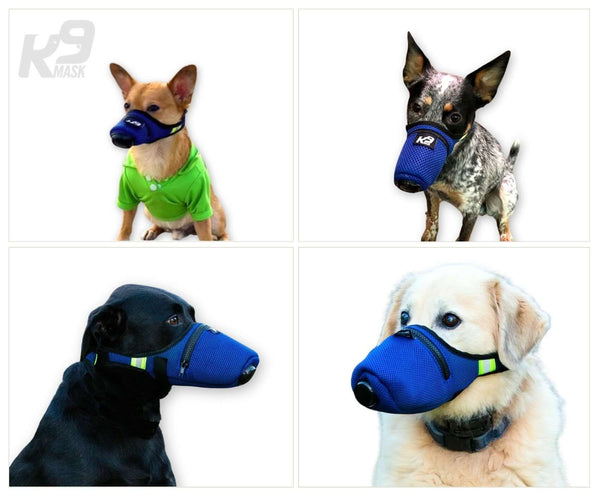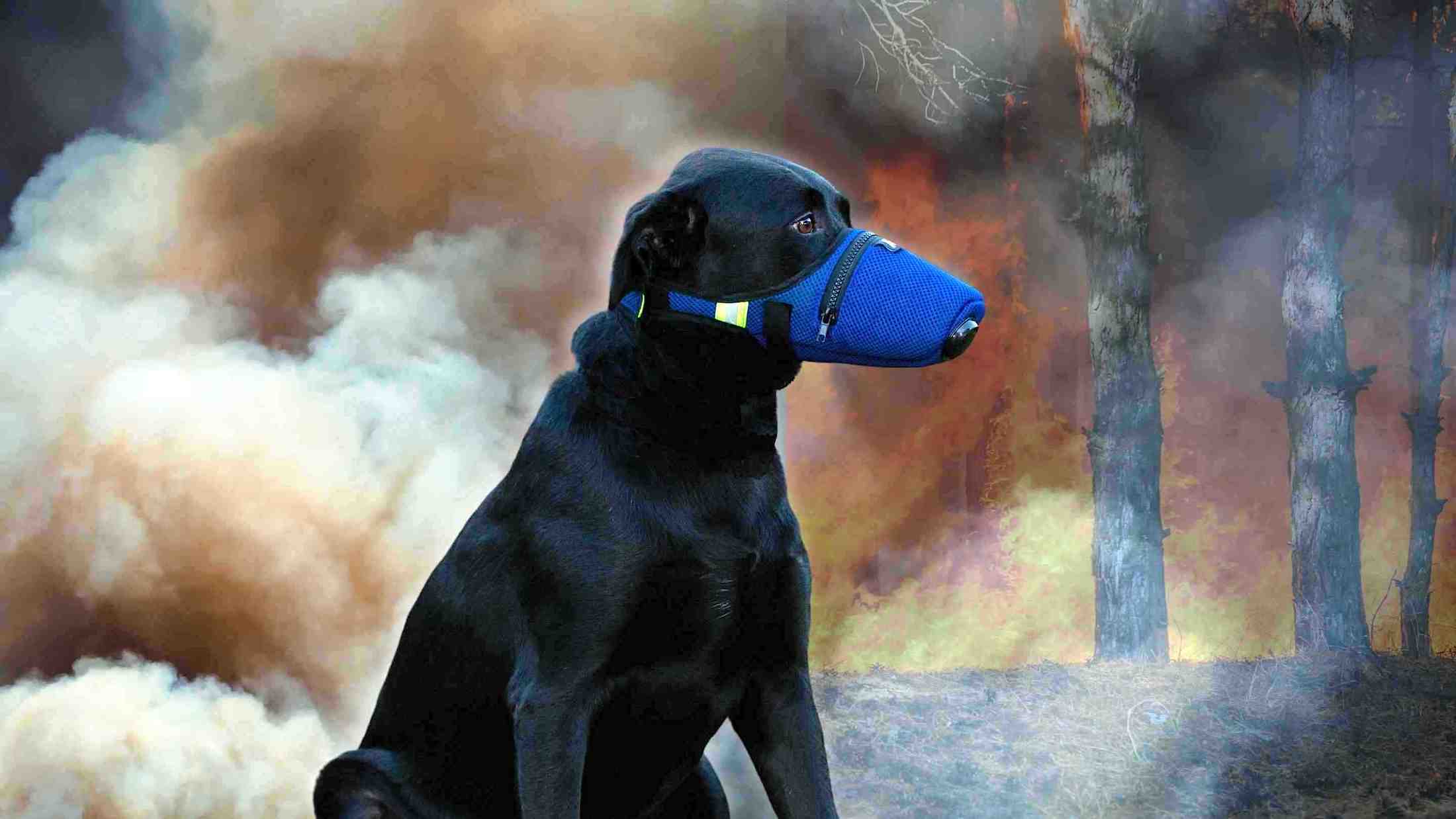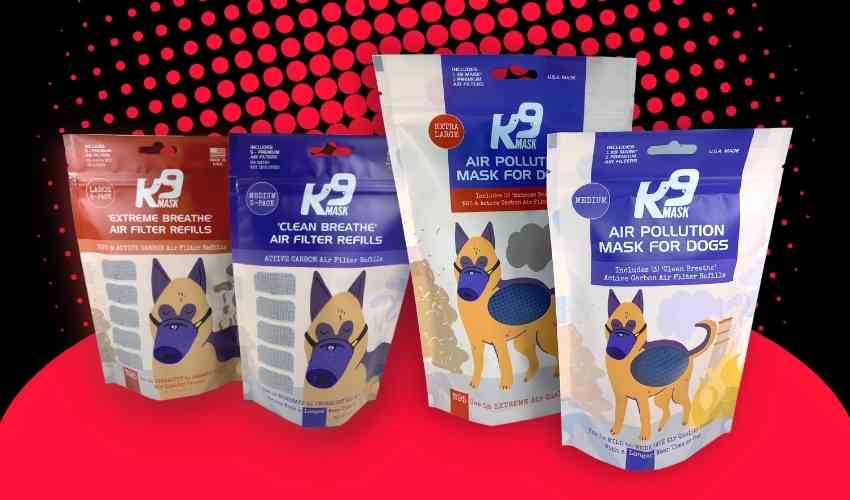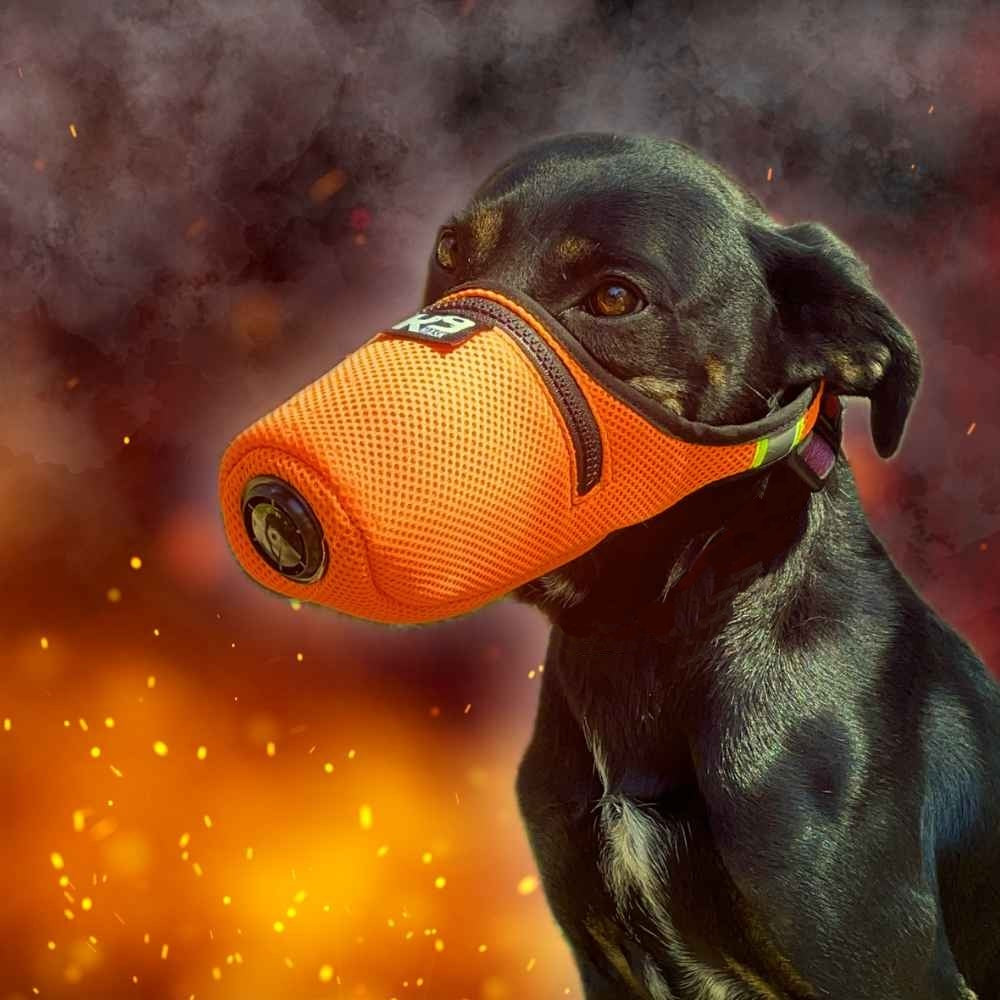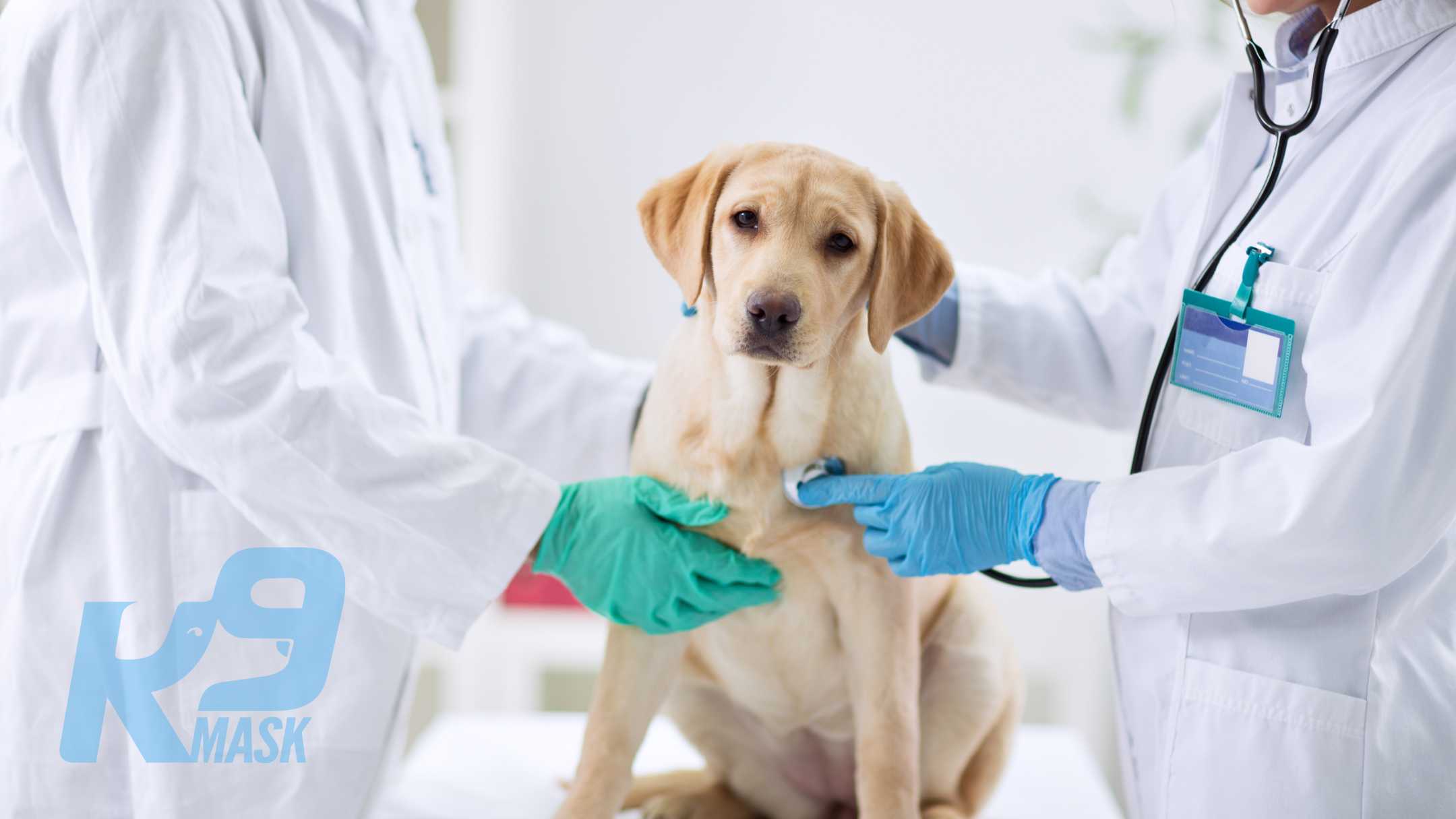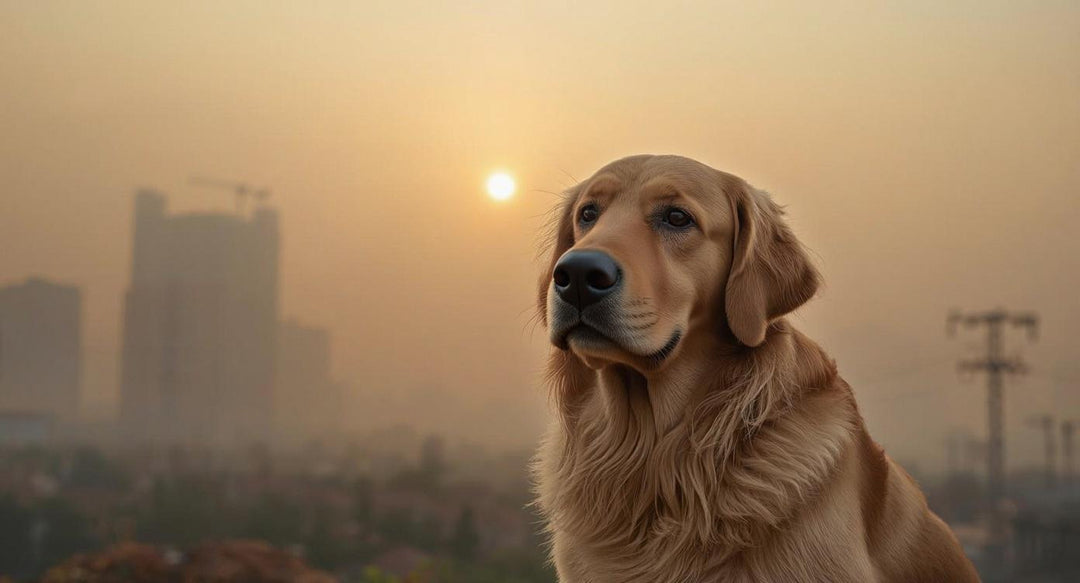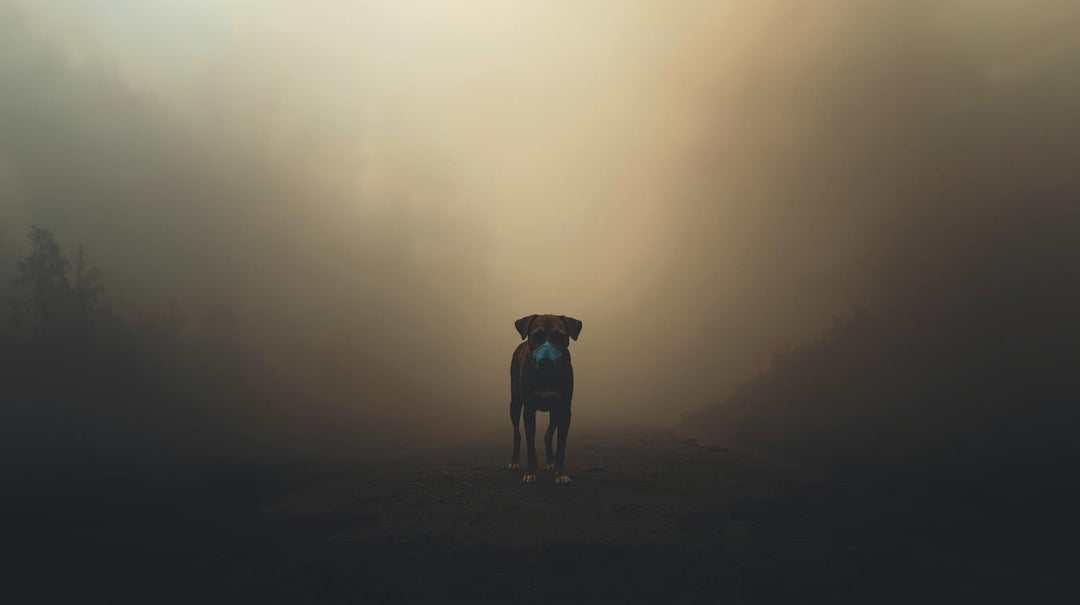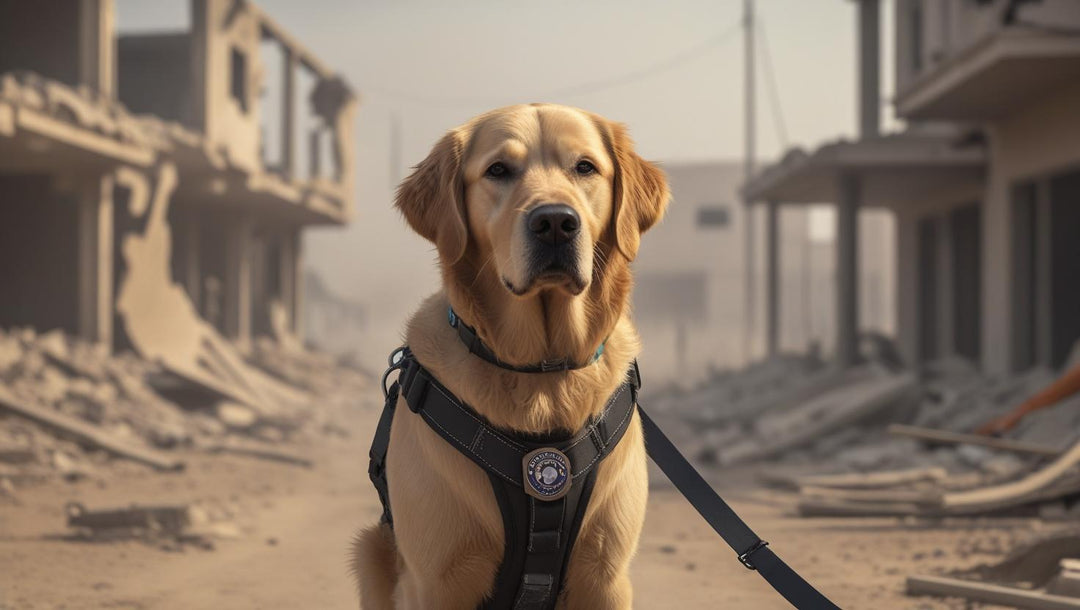Health Risks for Dogs from Wildfire Smoke
Dr. Gabrielle Fadl, a veterinarian at Bond Vet Clinic in New York City, highlights that the impact of polluted air on dogs can lead to serious conditions such as respiratory issues, allergies, and exacerbation of existing health problems like asthma. This risk is particularly high for certain dog breeds, including brachycephalic dogs (e.g., Bulldogs and Pugs), as well as puppies, senior dogs, and those with pre-existing respiratory conditions( KVIA Rover.com ).
Signs that your dog may be affected by smoke exposure include coughing, sneezing, eye irritation, lethargy, and difficulty breathing. In severe cases, symptoms can escalate to disorientation, fainting, or even seizures. These symptoms should prompt immediate veterinary care (Rover.com DVM 360).

Strategies to Protect Your Dog
Veterinarians recommend several strategies to minimize your dog’s exposure to wildfire smoke:
Limit Outdoor Activity: Reduce your dog’s time outside, especially during periods of unhealthy air quality. When trips outdoors are necessary, keep them brief, ideally during early morning hours when air quality is generally better (KVIA).
Create a Safe Indoor Environment: Keep windows and doors closed to prevent smoke from entering your home. Use air purifiers to improve indoor air quality. If possible, create a designated “safe room” in your home with filtered air.
Hydration and Indoor Activities: Ensure your dog stays hydrated and provide mental stimulation with indoor games. Activities like puzzle feeders can help keep your dog entertained without the need for strenuous exercise.
Consider Protective Gear: While air masks designed for dogs are available, they are not suitable for all breeds, particularly those with breathing difficulties like brachycephalic dogs. Additionally, masks must be properly fitted to avoid increasing the risk of overheating or breathing problems (Rover.com).
Monitor for Symptoms: Keep a close eye on your dog for any signs of respiratory distress or discomfort. Symptoms such as persistent coughing, wheezing, or difficulty breathing warrant a visit to the veterinarian.
In the face of increasing wildfires, protecting your dog from harmful smoke is critical. While limiting outdoor exposure and improving indoor air quality are essential strategies, some pet owners are turning to innovative products like the K9 Mask® air filter to provide additional protection for their dogs.

The K9 Mask® is a specially designed air filter for dogs that helps to reduce the inhalation of dangerous particulates found in wildfire smoke. This mask is engineered to fit securely around a dog’s muzzle, allowing them to breathe filtered air while still being able to pant—a critical function for dogs to regulate their body temperature. The filters in the K9 Mask® are effective at removing harmful particulates, smoke, and even some gases, making it a valuable tool for pet owners in regions prone to wildfires.
However, it's important to note that not all dogs may tolerate wearing a mask, and it should be used judiciously. Dogs with short snouts, like Bulldogs or Pugs, are not recommended to wear a mask because of the inherent respiratory issues with these breeds, and prolonged use should be avoided to prevent overheating or breathing difficulties for any dog. Despite these considerations, the K9 Mask® offers an additional layer of protection for dogs that need to go outdoors during periods of poor air quality.
For pet owners looking to safeguard their dogs during wildfire season, combining traditional protective measures with innovative solutions like the K9 Mask can help ensure your dog’s health and safety.
Wildfire smoke is a serious hazard not only for humans but for our pets as well. By taking proactive steps, pet owners can significantly reduce the risks to their dogs during wildfire season. Veterinarians stress the importance of keeping dogs indoors as much as possible, monitoring air quality, and being vigilant for any signs of smoke-related health issues. If in doubt, consult your veterinarian to ensure your pet remains safe and healthy during wildfire events.
